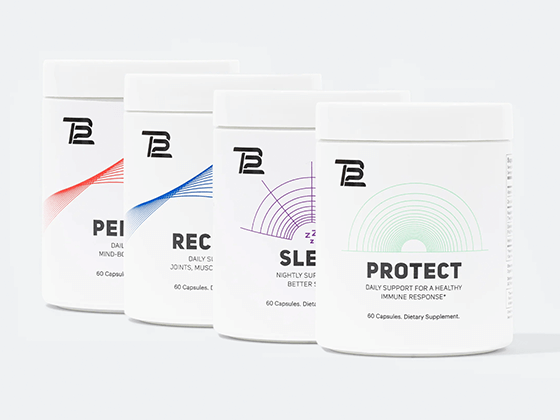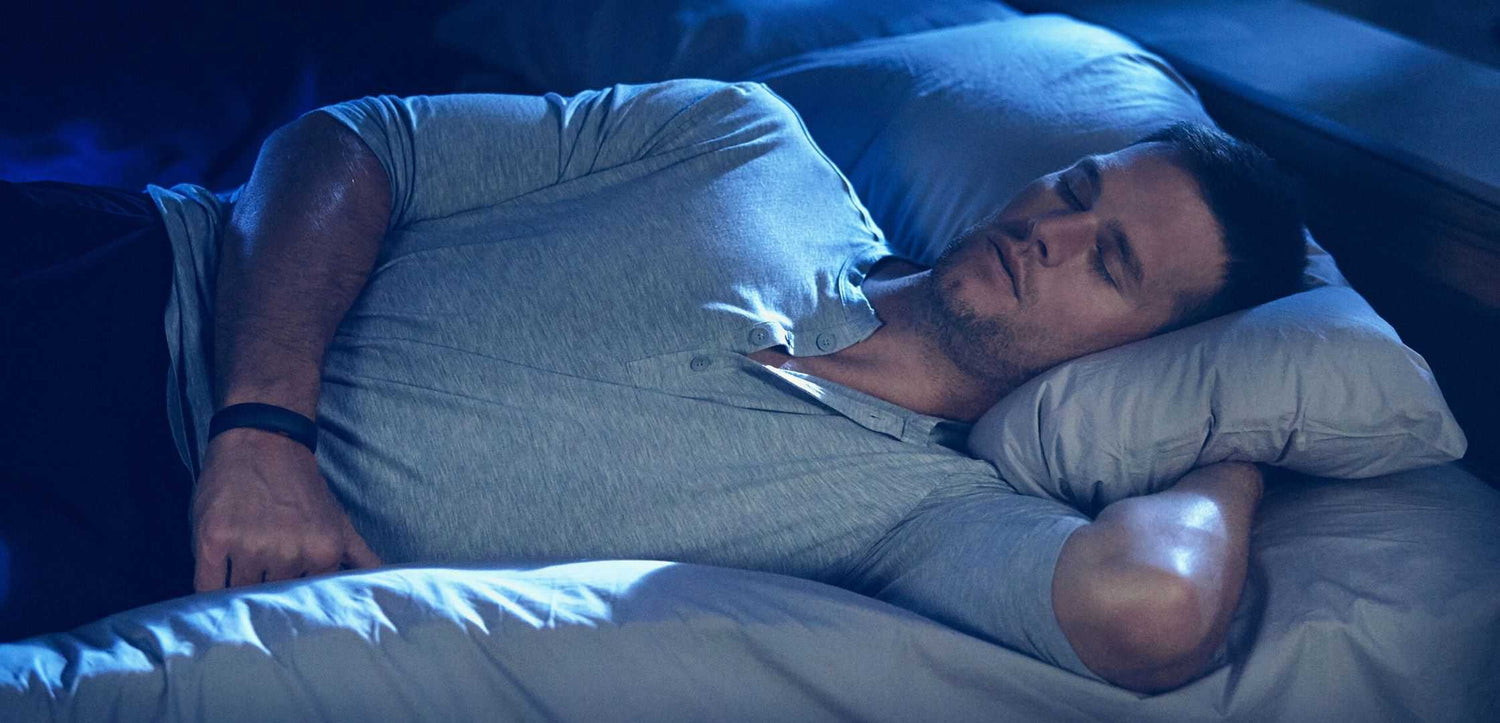Sleep is a time for rest, recovery, and natural regeneration. If you don’t get enough, your mental and physical activity suffers. The different phases of sleep allow you to dream, repair your body, and prepare you for the next day. Here’s how to take control of your sleep schedule and get high-quality rest, every night.
STAY ACTIVE
Studies show that physical activity has positive effects on sleep. Try to exercise every day, even if it’s only for a few minutes. A quick, interval-based resistance band exercise can make a big difference. Sticking to a daily workout schedule can help you fall asleep faster and improve the quality of your sleep. Following a regular exercise schedule will benefit your sleep and leave you feeling well rested and ready to attack your day each morning.
NO ALCOHOL OR CAFFEINE BEFORE BED
Caffeine is a stimulant, whether you drink it at 7 a.m. or 7 p.m. Drinking coffee in the afternoon will keep you awake later into the night, disrupting your normal sleep cycle and throwing off your circadian clock. Alcohol, on the other hand, may cause you to fall asleep faster, but it will reduce your quality of sleep. Alcohol lowers the amount of REM sleep cycles throughout the night, making your sleep less beneficial. It’s also dehydrating, so you’ll deprive your body of the hydration it needs. Avoiding both alcohol and caffeine around bedtime will improve your sleep.

JUST RELAX
Some studies found that the blue light from computer screens, TVs, and smartphones negatively impact your ability to fall asleep. Turning off all your electronic devices at least a half-hour before bedtime will quiet your mind. Instead of surfing the web, focus on something relaxing and serene. Turn off or down the lights in your room and create a relaxing environment before bed. This will help you get to sleep on time, every night. If you could use some extra help relaxing before sleep, try out TB12 Sleep, our natural sleep supplement
STAY COOL
The ideal temperature for sleeping is around 65 degrees Fahrenheit, or 18.5 degrees Celsius. If you’re too hot or cold at night, you’ll be too uncomfortable for quality sleep. Keeping your bedroom around that temperature will help you get to sleep and stay asleep.
CIRCADIAN CLOCK SCHEDULE
Take advantage of your circadian clock by sticking to a schedule. A rhythm of waking up and going to bed at the same time every day will help your body get the most out of your sleep. Yes, that includes weekends! Choose a bedtime and wake time, ideally 8 hours apart, and commit to it. It might be hard at first, but a consistent schedule does wonders for the body and mind. You’ll feel the difference.
To learn more, check out our blog about the "Circadian Rhythm".
KEEP IT QUIET
While you’re trying to sleep, noise can be very disruptive. If you’re in a noisy area like a city, consider using a sound masking or noise-cancellation machine — white noise machines are great for this. It’ll block out all the cars speeding by with a soothing, gentle sound in the background. Creating a quiet environment will improve your sleep tenfold.
SIMPLE SLEEP TIPS:
01 Get Your 8 Hours
Your goal should be at least 8 hours of restful sleep every night. Make this a priority and do your best to establish a healthy nightly routine that’s easy to stick to and follow through on.
02 Skip The Bedtime Snack
Do not consume food for about 2 hours before going to sleep – try to have dinner or a snack a couple of hours before your bed time.
03 Exercise Earlier
If you prefer to exercise at night, try to do this 2-3 hours before going to sleep. Doing this right before bed may lead to difficulty falling asleep as a result of overstimulating your nervous system.
04 Disconnect
Power down your electronics –iPhone, Laptops, etc. – about a half hour before going to sleep.
05 Take time for Yourself
Building off of above, allow yourself 15-30 minutes before getting into bed to:
-Pray or meditate in thankfulness for family and friends in your life, possessions that you have and any other blessings that may be typically forgotten in your routine of the day. This is especially important during times of stress and anxiety.
-Read a book you enjoy.
-Spend time with loved ones without technology and distractions
06 Keep Your Bedroom Clean
This includes putting away clutter to keep your bedroom a stress free environment.
Consider some type of air purifier as some of these products can remove air pollutants, allergens and microbes – which will lead to healthier breathing during your sleep.
SLEEP BETTER NOW
Even just one of these simple tips can greatly improve your rest. Sleep is an opportunity to relax every part of your body, and it’s an essential part of your regular recovery.








